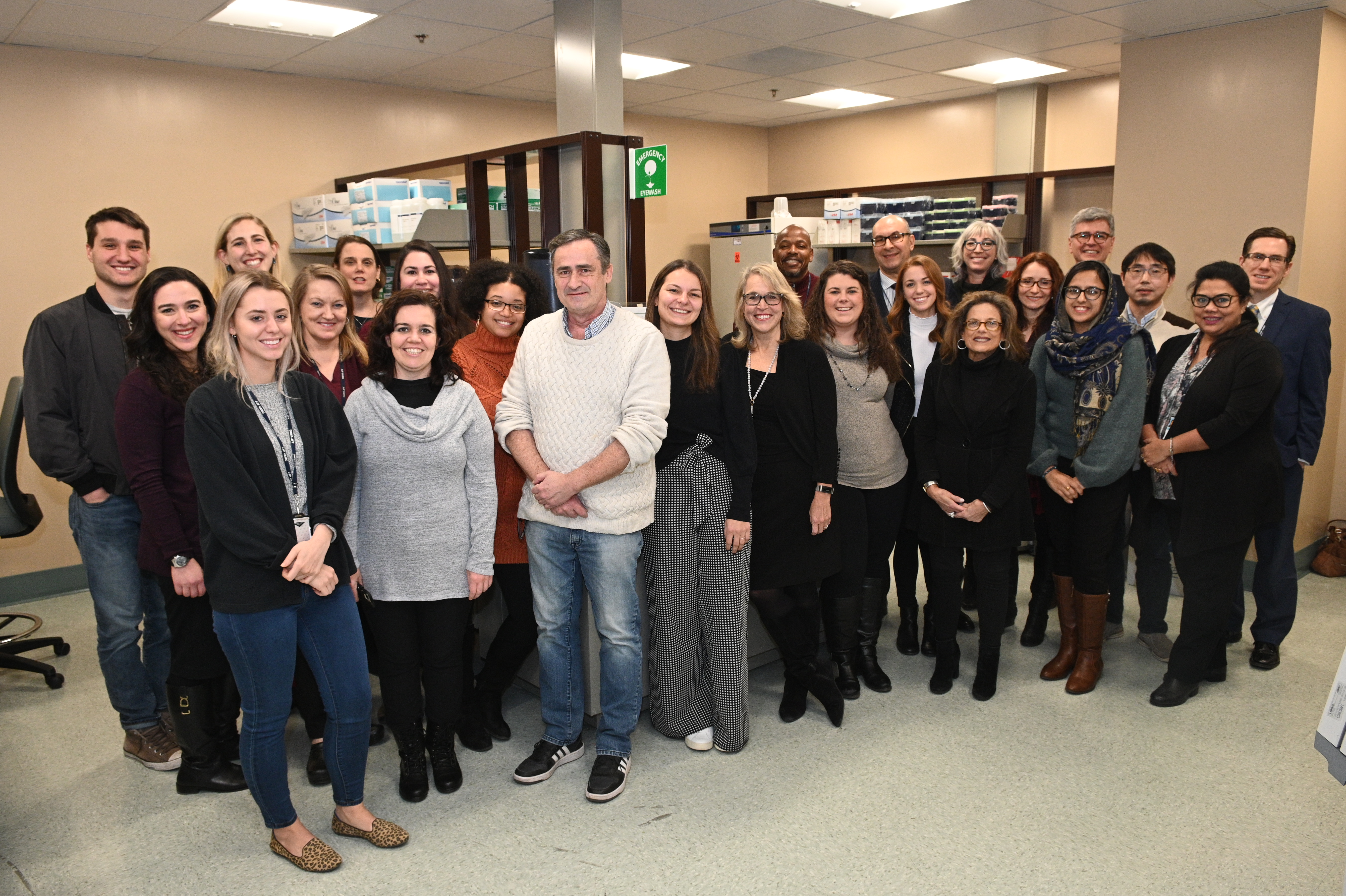

Rachel Yehuda, PhD
Director
Rachel.Yehuda@va.gov and Rachel.yehuda@mssm.edu
Rachel Yehuda joined the Psychiatry Department in 1991, where she is now Professor and Vice Chair for Veterans Affairs. She received her Ph.D. at the University of Massachusetts at Amherst, MA and completed post-doctoral work at Yale Medical School. Dr. Yehuda is the Mental Health Patient Care Center Director and Director of the Laboratory of Clinical Neuroendocrinology, Neurochemistry, and Molecular Biology Lab at the James J. Peters VAMC. Dr. Yehuda was the first to articulate the neurobiology of PTSD by demonstrating a novel mechanism – enhanced glucocorticoid receptor sensitivity. Her observations provided a roadmap for understanding why people respond so differently following trauma exposure. Dr. Yehuda’s lab developed a novel in vitro cell model to examine the dynamics of glucocorticoid receptor responsiveness in cultured lymphocytes, and was the first to publish a genome-wide expression study in PTSD that confirmed the involvement of molecular glucocorticoid regulators, leading to an approved patent being developed as diagnostic blood test. Dr. Yehuda and colleagues were also first to publish epigenetic findings in PTSD and apply the observations to intergenerational effects and treatment. She has recently been elected to the National Academy of Medicine as a result of her pioneering discoveries in the study and treatment of PTSD.
Throughout her career, Dr. Yehuda has received numerous grants from the National Institute of Mental Health, the Department of Defense, the Veterans Administration and various Foundations such as Lightfighter Trust, The American Foundation for Suicide Prevention, and the Brain and Behavior Research Foundation, and was more recently awarded funding from the Multidisciplinary Association for Psychedelic Studies to test the efficacy of MDMA-assisted psychotherapy in combat veterans with PTSD. Dr. Yehuda’s laboratory has produced over 450 peer-reviewed publications and book chapters as well as 18 books and edited volumes. Her work has been featured in several documentaries and lay media.

Clinical Researchers
Linda M. Bierer, MD
Associate Professor
Linda M. Bierer MD joined the Psychiatry Department in 1986 as a research fellow, after having been a clinical fellow in the Biological Psychiatry Branch at the NIMH. She received a K award from the National Institute of Aging to pursue work in Alzheimer’s Disease under the supervision of Dr. Kenneth L. Davis. She is currently Associate Clinical Professor of Psychiatry at the Icahn School of Medicine at Mount Sinai and a Staff Psychiatrist at the James J Peters VA Medical Center. Dr Bierer received an MD degree from Yale University School of Medicine where she completed a Psychiatry residency. Since 1999, Dr. Bierer has worked in the Yehuda lab and has been involved in all major studies since that time. She has assumed numerous roles ranging from medical direction of all clinical aspects of human research in the lab to overseeing complex database creation and analyses. She has been involved in descriptive and treatment studies of trauma and PTSD that have sought to identify neuroendocrine and molecular biomarkers associated with illness and symptom recovery and has been a major contributor to findings of glucocorticoid metabolism in Holocaust survivors, World Trade Center survivors, and Holocaust offspring and FKBP5 methylation as indices of intergenerational effects of trauma.

Julia Golier, MD
Associate Professor
Julia Golier, M.D. joined the Department of Psychiatry at ISMMS in 1996, where she is an Associate Professor of Psychiatry. She is also Chief Psychiatrist and Medical Director of the Mental Health Care Center at the James J Peters VA Medical Center. Dr. Golier received her medical degree from the Mount Sinai School of Medicine and completed her medical and postdoctoral training at The New York Hospital and Cornell Medical, Payne Whitney Clinic and JJP VAMC. Dr. Golier joined the Yehuda lab in 1994 and has been the Principal Investigator of numerous awards from the Department of Defense and the VA that have focused on extending neuroendocrine findings in PTSD to veterans with both physical and psychological illnesses. Her research focuses on the unique psychological and medical health problems experienced by veterans who served in the Persian Gulf War (Operation Desert Storm), commonly known as Gulf War Illness. Additionally, she has been involved in the development of novel treatments for PTSD, including leading a VA multi-site randomized clinical trial to evaluate the efficacy of Mifepristone, a cortisol receptor antagonist, in reducing symptoms of PTSD. She has published more than fifty scientific papers on PTSD and Gulf War Illness.

Janine Flory, PhD
Associate Professor
Janine D. Flory, Ph.D. is an Associate Professor of Psychiatry at the Icahn School of Medicine at Mount Sinai and Director of the Trauma & Readjustment Services (PTSD) clinic at JJP VAMC. She received a PhD in Clinical Psychology from the University of Kansas and completed postdoctoral training in Behavioral Medicine at the Western Psychiatric Institute and Clinic at the University of Pittsburgh. She joined the Psychiatry department at ISMMS in 2004 as an Assistant Professor of Psychiatry. From 2006-2011 she was the Director of Clinical Training at the CUNY Neuropsychology Doctoral Program at Queens College. In 2011, she returned to ISMMS and joined the Yehuda Lab. Dr. Flory has received research funding from NIMH and the VA and has published more than one hundred scientific papers on diverse aspects of psychopathology including personality disorders, suicide and PTSD. An abiding interest in her work is a focus on how methodological advances and scientific practices can be used to answer critical questions about adult psychopathology. This includes work to understand how normal and abnormal personality factors are related and to identify explanations for the co-occurrence of psychiatric disorders and symptoms. A current area of research is an examination of comorbidity between PTSD and other conditions common in US military veterans including MDD and mild Traumatic Brain Injury.
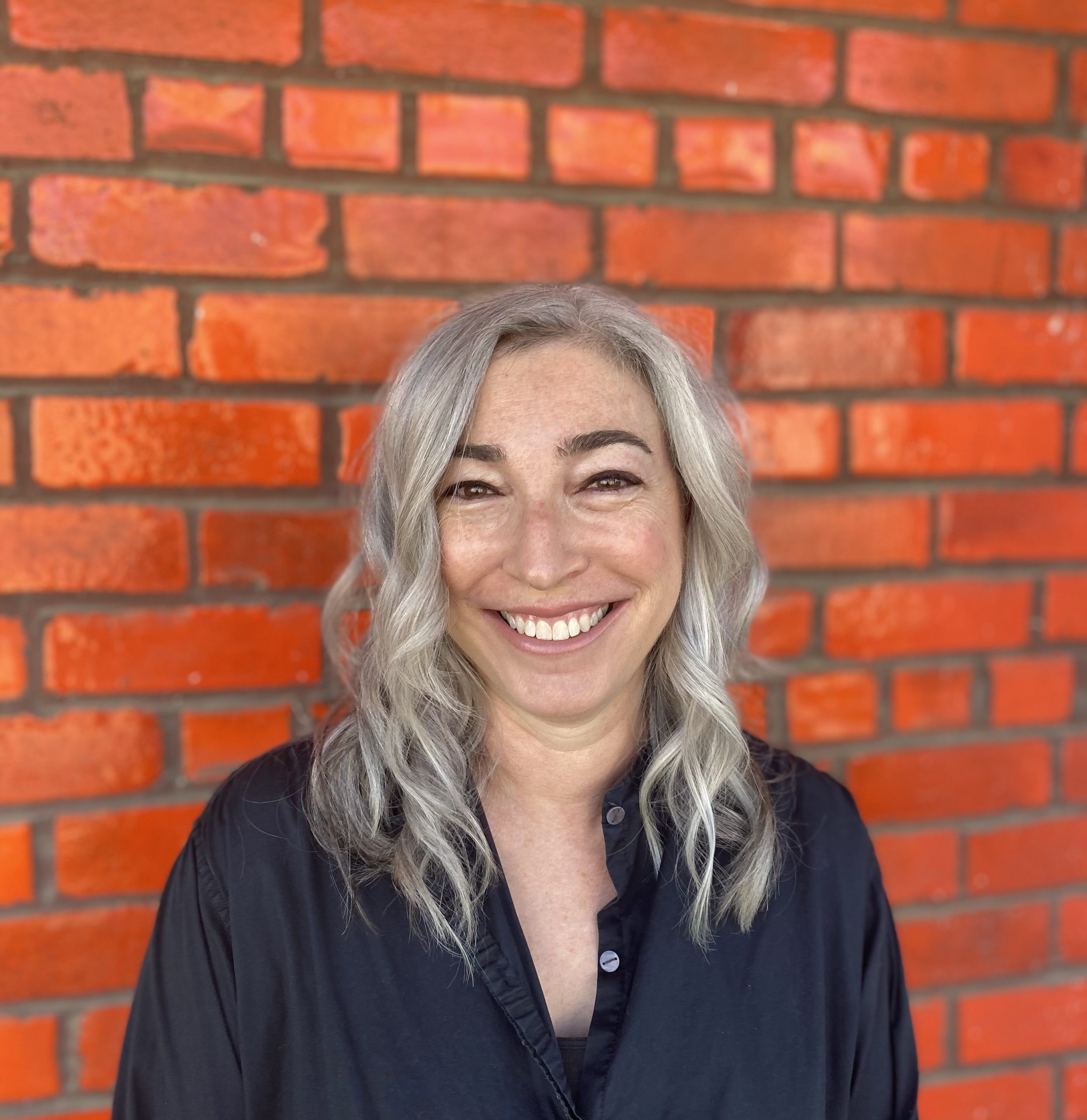
Amy Lehrner, PhD
Assistant Professor
Amy Lehrner, PhD, is an Assistant Professor in the Department of Psychiatry at Icahn School of Medicine at Mount Sinai, and a Clinical Psychologist in Trauma & Readjustment Services (PTSD) at JJP VAMC. She received her Ph.D. in Clinical/Community Psychology from the University of Illinois at Urbana-Champaign and completed a postdoctoral clinical research fellowship in the Yehuda lab. Her experience working with combat veterans has given her a deep appreciation for the moral complexities of war and the complex struggles of veterans to reconcile their experiences. Dr. Lehrner’s interests in trauma emerged out of years of work in domestic violence advocacy and prevention, and she is interested in how trauma and PTSD affect relationships, intimacy and family functioning. As a member of the ISMMS Yehuda lab since 2011, she has participated in research on the effects of the Holocaust and PTSD on second generation survivors and on the treatment and biology of PTSD in US combat veterans. Dr. Lehrner is currently supported by a VA Career Development Award (Dr. Yehuda is the primary mentor) focusing on the effects of warzone stressors on sexual functioning and intimacy. She is also a site-PI for a randomized clinical trial of a new PTSD treatment for veterans with moral injury called Impact of Killing. Dr. Lehrner plans to continue to build a comprehensive, psychobiological program of research that investigates novel approaches to PTSD that can address trauma related ruptures in attachment and relationships, including the use of Emotionally Focused Therapy (EFT) for Couples, and MDMA assisted psychotherapy for PTSD.

Corbett Schimming, MD
Assistant Professor
Corbett.Schimming@va.gov
Corbett Schimming, MD, is an Assistant Professor, Program Director of the Geriatric Psychiatry Fellowship and VA Site Director for Residency Training at the Icahn School of Medicine at Mount Sinai. He is also a Psychiatrist and the Outpatient Psychiatry Department (OPD) Medical Director at the James J. Peters VA Medical Center. Dr. Schimming received his medical degree from Penn State College of Medicine and completed his medical and postdoctoral training at the Mount Sinai School of Medicine. His research focuses on investigating the underlying mechanisms of Alzheimer’s disease and is currently a Principal Investigator on a study looking at cognitive and biological profiles of older adults with diabetes. Dr. Schimming recently joined Dr. Yehuda’s lab with a specific clinical interest in exploring novel treatments for PTSD that promise greater efficacy. He will serve as a study psychiatrist on the MDMA assisted psychotherapy for PTSD trial(s).

Mehmet Haznedar, MD
Assistant Professor of Psychiatry
Mehmet Haznedar, MD, is an Assistant Professor of Psychiatry at the Icahn School of Medicine at Mount Sinai and a clinician at the Outpatient Mental Health Clinic at James J. Peters VA Medical Center. He received his medical degree from Ankara University Medical School in Turkey and completed his residency in Psychiatry at St. Luke’s Roosevelt Hospital Program in New York. Dr. Haznedar completed a fellowship in neuroimaging at Neuroscience PET Laboratories at the Mount Sinai School of Medicine. He was awarded NIH and Stanley Foundation grants and was a co-investigator in numerous neuroimaging and clinical studies. Dr. Haznedar’s research focus is the effects of psychopathologies on the limbic structures, specifically the cingulate gyrus and their behavioral correlations. His clinical research interest includes prediction of response to clinical and pharmacological interventions through neuroanatomical and neurophysiological properties of the affected individuals with various psychiatric disorders. He has authored or co-authored more than 50 peer-review scientific articles. After treating veterans with PTSD in clinical settings for more than 10 years, Dr. Haznedar joined Dr. Yehuda’s lab in 2019 with a specific interest in development of novel treatment strategies for PTSD.
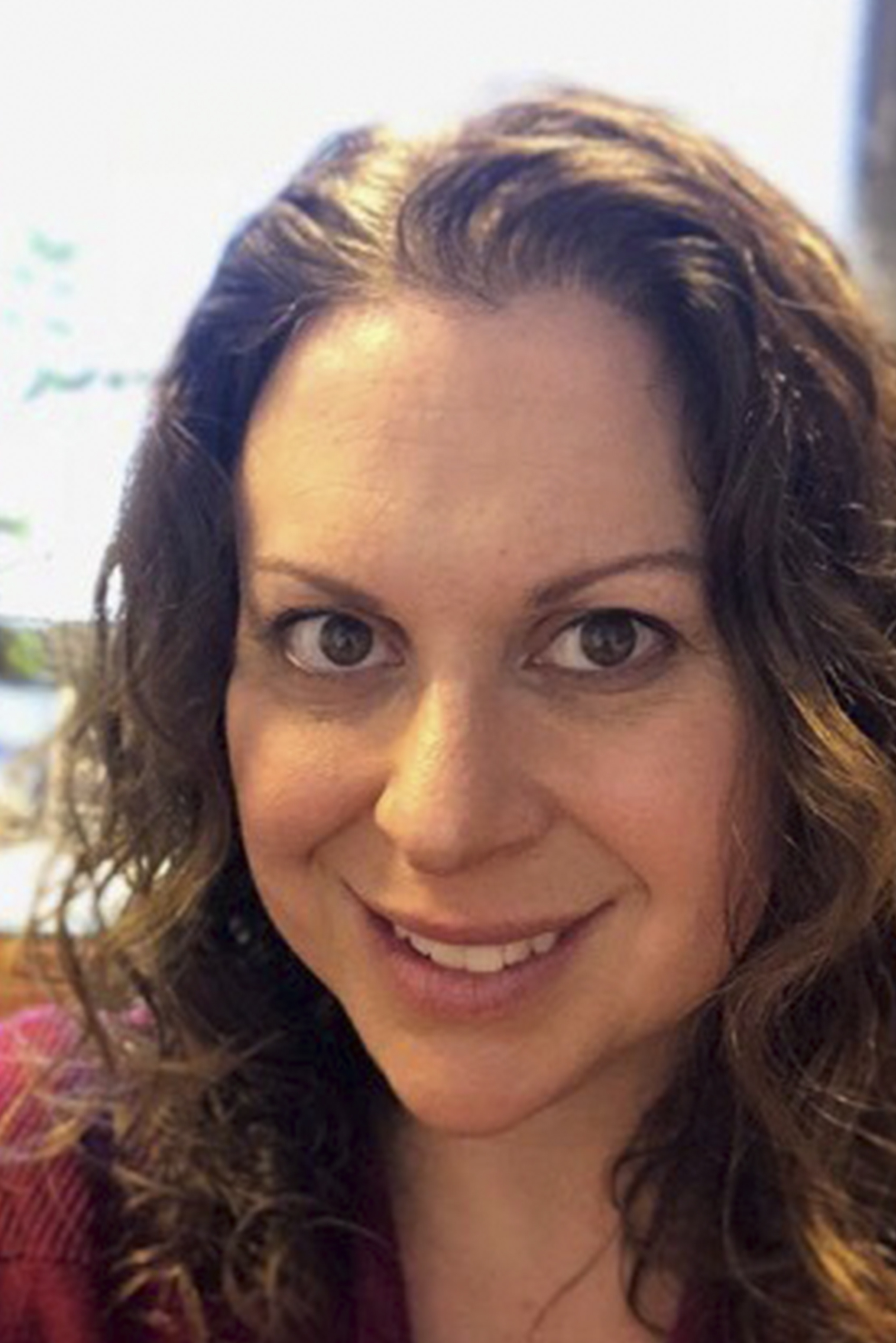
Melissa Altman Stein, PhD
Assistant Clinical Professor
Melissa Altman Stein, PhD is an Assistant Clinical Professor in the Department of Psychiatry at Icahn School of Medicine at Mount Sinai, and a Clinical Psychologist in Trauma & Readjustment Services (PTSD) at JJP VAMC. She received her Ph.D. in Clinical Psychology from George Mason University. Dr. Altman Stein joined the Yehuda Lab as a clinical psychologist in 2006 and has more than ten years of experience serving the Veteran community and providing psychotherapy and trauma-focused treatment for PTSD and other trauma-related conditions. Dr. Altman Stein helped launch studies in cognitive behavioral therapy in the Yehuda lab and has been instrumental as an independent evaluator and provider of psychotherapy. She has been involved in numerous studies of PTSD treatment in combat veterans and has played a major role in diagnostic assessments in Dr. Yehuda’s lab. Dr. Altman Stein is VA certified in PTSD treatments, such as Cognitive Processing Therapy (CPT) and Prolonged Exposure (PE), and in Cognitive Behavioral Therapy for Insomnia. In addition to trauma-related disorders, she has clinical interests in the treatment of insomnia and sleep disturbances.
Laura Pratchett, PsyD
Assistant Professor
Laura Pratchett, PsyD is an Assistant Professor in the Department of Psychiatry at Icahn School of Medicine at Mount Sinai, and a Clinical Psychologist in Trauma & Readjustment Services (PTSD) at JJP VAMC. She has also been acting as Psychology Training Director since 2017, responsible for overseeing the implementation of an APA accredited psychology internship program that trains eight psychologists annually. She received her Psy.D. in Clinical Psychology from the PGSP-Stanford University Consortium in 2009 and completed a postdoctoral clinical research fellowship with Dr. Yehuda at the James J. Peters VA Medical Center (JJP VAMC). Dr. Pratchett serves as a study psychologist and co-investigator on several of Dr. Yehuda’s research projects. Dr. Pratchett is the Team Leader of the Transition Clinic for Iraq and Afghanistan combat veterans at the JJP VAMC and is a VA certified provider of trauma-focused therapy, such as Cognitive Processing Therapy (CPT) and Prolonged Exposure (PE), and of Interpersonal Psychotherapy (IPT). Her research interests include PTSD treatment innovation and the role of shame and identity in trauma. Her current research study is evaluating the relationship between moral injury (a concept proposed to understand the consequences of combat trauma that relate to the experience of engaging in actions that conflict with a person’s morals) and PTSD and depression.
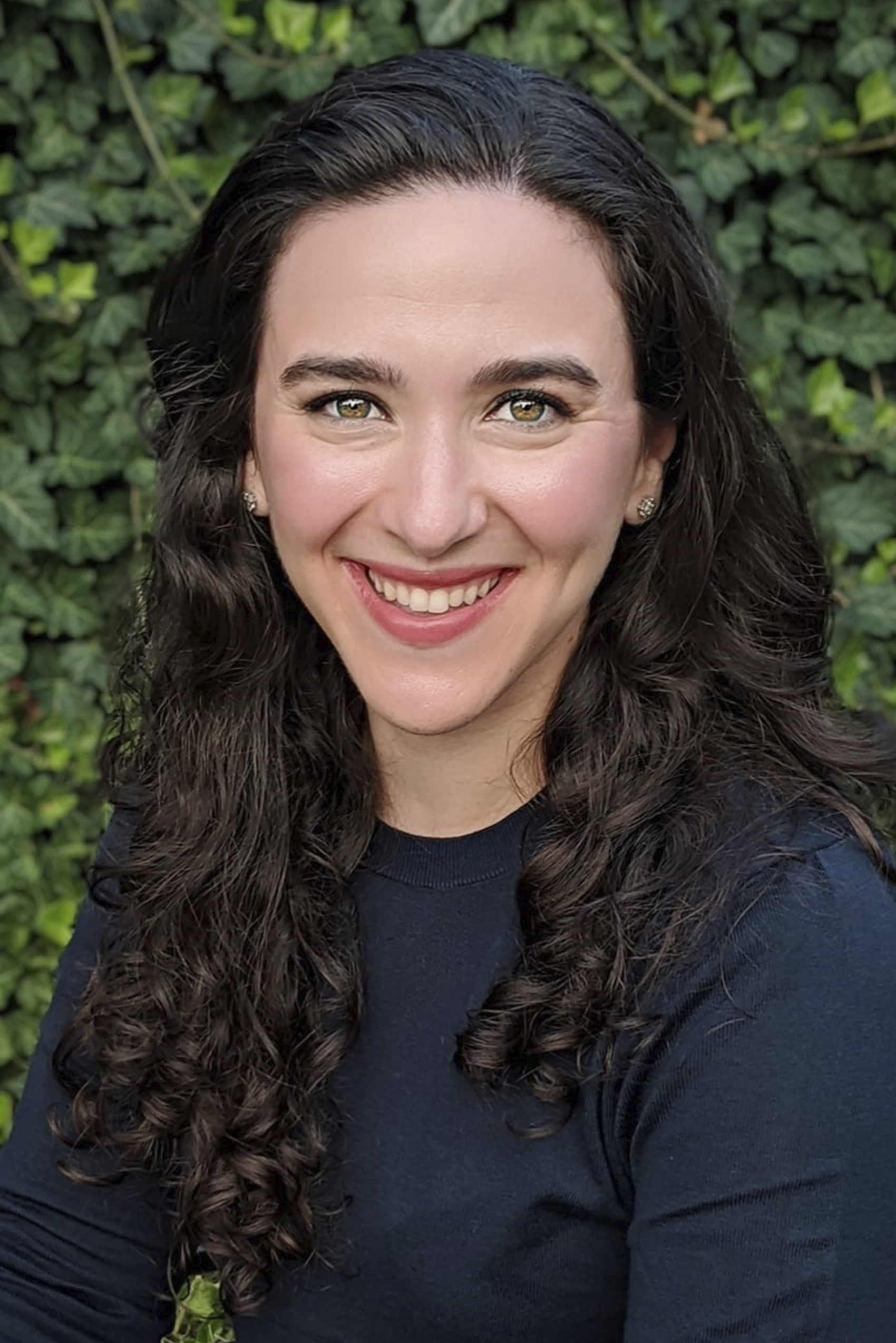
Miryam Sperka, PhD
Psychologist
Miryam.Sperka@va.gov
Miryam Sperka, PhD is a clinical psychologist in Trauma and Readjustment Services (PTSD) at JJP VAMC. She received her PhD in Clinical Psychology from Hofstra University in 2017 and joined the Yehuda Lab as a post-doctoral clinical research fellow. Dr. Sperka serves as a study psychologist and diagnostic evaluator on several of Dr. Yehuda’s research projects. She provides individual psychotherapy within the PTSD clinic including evidence-based treatments such as Prolonged Exposure and Cognitive Processing Therapy. Her clinical and research interests include the treatment of moral injury and addressing barriers to engaging military and veteran populations in mental health and trauma focused treatment.
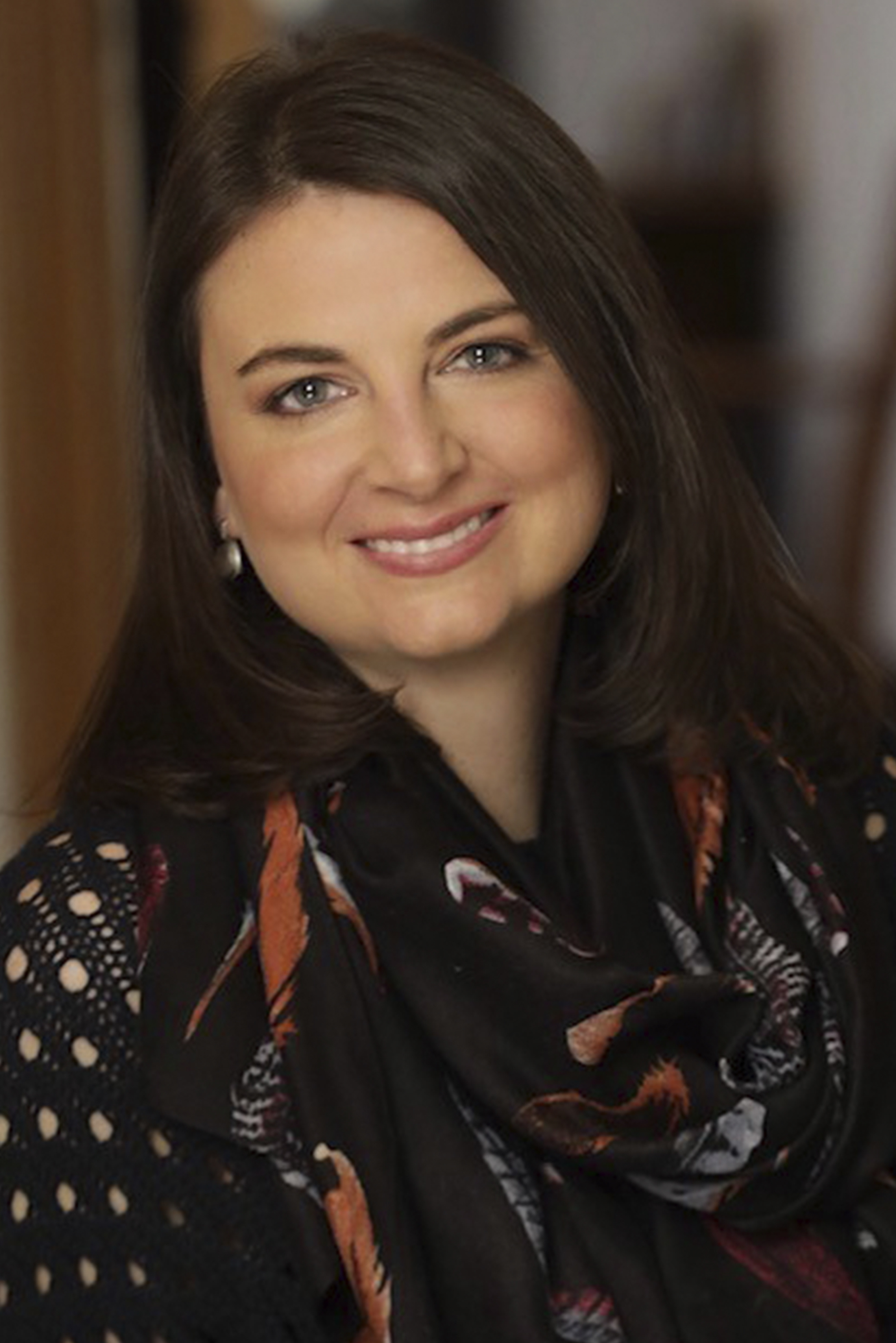
Candice Presseau, PhD
Psychologist
Candice.Presseau@va.gov
Candice Presseau, PhD is a staff psychologist serving as the PTSD/SUD Specialist at the JJP VA Medical Center. Prior to joining Dr. Yehuda’s lab in 2018, she completed her postdoctoral clinical research fellowship training at VA Boston Healthcare System within the Massachusetts Veterans Epidemiology Research and Information Center (MAVERIC) and predoctoral internship at VA Connecticut Healthcare System in the PTSD and Comprehensive Mental Health specialty track. Dr. Presseau holds a doctoral degree in Counseling Psychology from Lehigh University, and M.A. degrees from Boston College and Columbia University in Counseling Psychology and Quantitative Methods in the Social Sciences, respectively. Dr. Presseau has worked on several VA and federally funded research studies as a coordinator, assessor, therapist, and supervisor. Dr. Presseau is an expert trainer in the administration and scoring of the Clinician-Administered PTSD Scale for DSM-5 (CAPS-5). Dr. Presseau’s research focuses on the phenomenology and treatment of PTSD and co-occurring disorders, namely substance use and alcohol use disorders. She is currently engaged in efforts to expand research programming that addresses alcohol and substance use among trauma-exposed Veterans. Dr. Presseau is drawn to work with Veterans given her interest in trauma exposure over the developmental life course and the intersection of individual and cultural factors as they relate to risk and resilience in diverse populations. She finds helping Veterans in their process of healing and recovery extremely rewarding and fulfilling and is committed to a career serving those who have served.

Philip Szeszko, PhD
Associate Professor
Philip R. Szeszko, Ph.D., is Associate Professor of Psychiatry at the Icahn School of Medicine at Mount Sinai (Investigator Track) and a Psychologist at the James J. Peters VA Medical Center. Dr. Szeszko joined the Yehuda Lab in 2016 to help expand efforts in neuroimaging and integration with molecular biology and endocrine studies. Dr. Szeszko’s current research in the lab focuses on the use of multimodal magnetic resonance imaging to discern brain abnormalities and their functional correlates in the neurobiology of PTSD and neural mechanisms of resilience among healthy trauma-exposed individuals. A major goal of this work focuses on the identification of magnetic resonance imaging predictors of treatment response to cognitive processing therapy in PTSD. He has also been leading efforts to better understand how deviations in the normal trajectory of white matter may contribute to accelerated aging in PTSD using neurite orientation dispersion and density imaging (NODDI). Dr. Szeszko has also focused on better understanding the role of hippocampal subregions in the pathogenesis of PTSD and their relationship to alterations in cognition and mood. His interest in trauma work is driven by his belief that such studies can be used to better understand neural mechanisms of risk and resilience to many neuropsychiatric disorders with the ultimate goal of identifying successful treatments.
Dr. Szeszko has received grant funding from the National Institute of Mental Health, DANA Foundation, Brain and Behavior Research Foundation, Obsessive-Compulsive Foundation and American Foundation for Suicide Prevention. He has authored or co-authored over 130 peer-reviewed manuscripts and sits on the Editorial Boards of Progress in Neuro-psychopharmacology and Biological Psychiatry and Schizophrenia Bulletin.
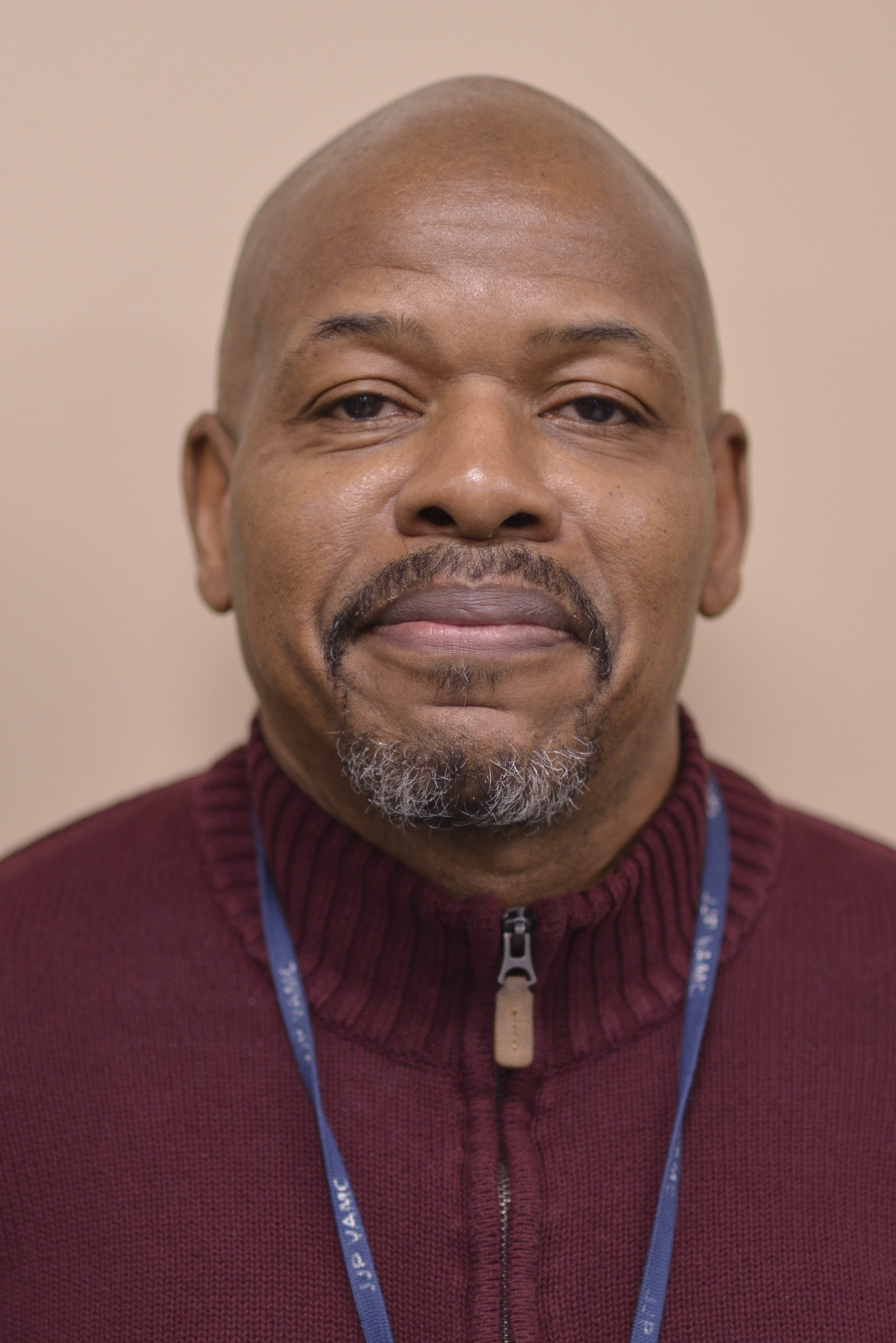
Jamil Davis, LCSW
Licensed Clinical Social Worker
Jamil.Davis@va.gov
Jamil Davis, LCSW, is a licensed clinical social worker at the James J. Peters VA Medical Center. Jamil graduated from Smith College in 2009 with a degree in social work and completed a 3-year post graduate training at the Metropolitan Institute for Training in Psychoanalytic Psychotherapy. Jamil joined the Yehuda Lab in 2015 and currently conducts individual, couple and group treatments for PTSD, including the use of trauma focused treatments such as Prolonged Exposure (PE), Cognitive Processing Therapy (CPT) and Cognitive-Behavioral Conjoint Therapy for PTSD (CBCT-PTSD). He finds the therapeutic work rewarding especially after learning of the growth and positive changes individuals report in their lives after sometimes very long periods of suffering.
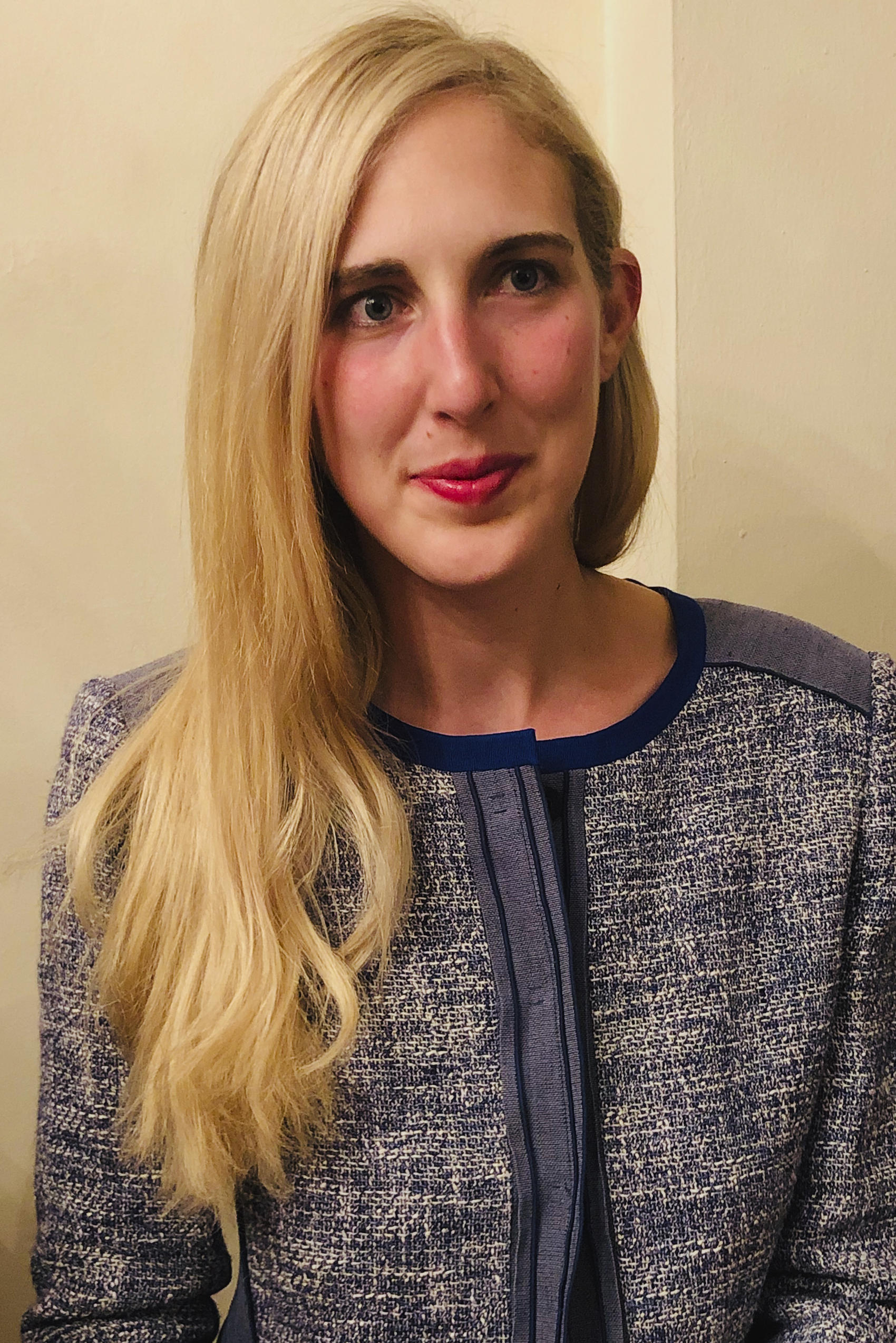
Lauren Lepow, MD
Psychiatry Resident, PhD Candidate
Lauren Lepow, MD is a psychiatry resident at the Icahn School of Medicine at Mount Sinai in a NIMH-supported combined research track where she is also a candidate for a PhD in neuroscience. She received her BA in Neuroscience & Behavior from Columbia University and her MD from The University of Texas in Houston. For the past decade, Dr. Lepow has been in several labs investigating novel therapeutics including at the NIMH in the Experimental Therapeutics & Pathophysiology Branch studying the mechanism of ketamine for treatment-resistant depression. In the Yehuda lab, Dr. Lepow investigates both the biological and psychological mechanism of psychedelic-assisted-psychotherapy and is in training to be a therapist on the MDMA trial. Her research interests include biomarkers of critical period plasticity and she also studies functional and structural neuroimaging in Muhammad A. Parvaz’s Motivational and Affective Psychopathology Lab at ISMMS.
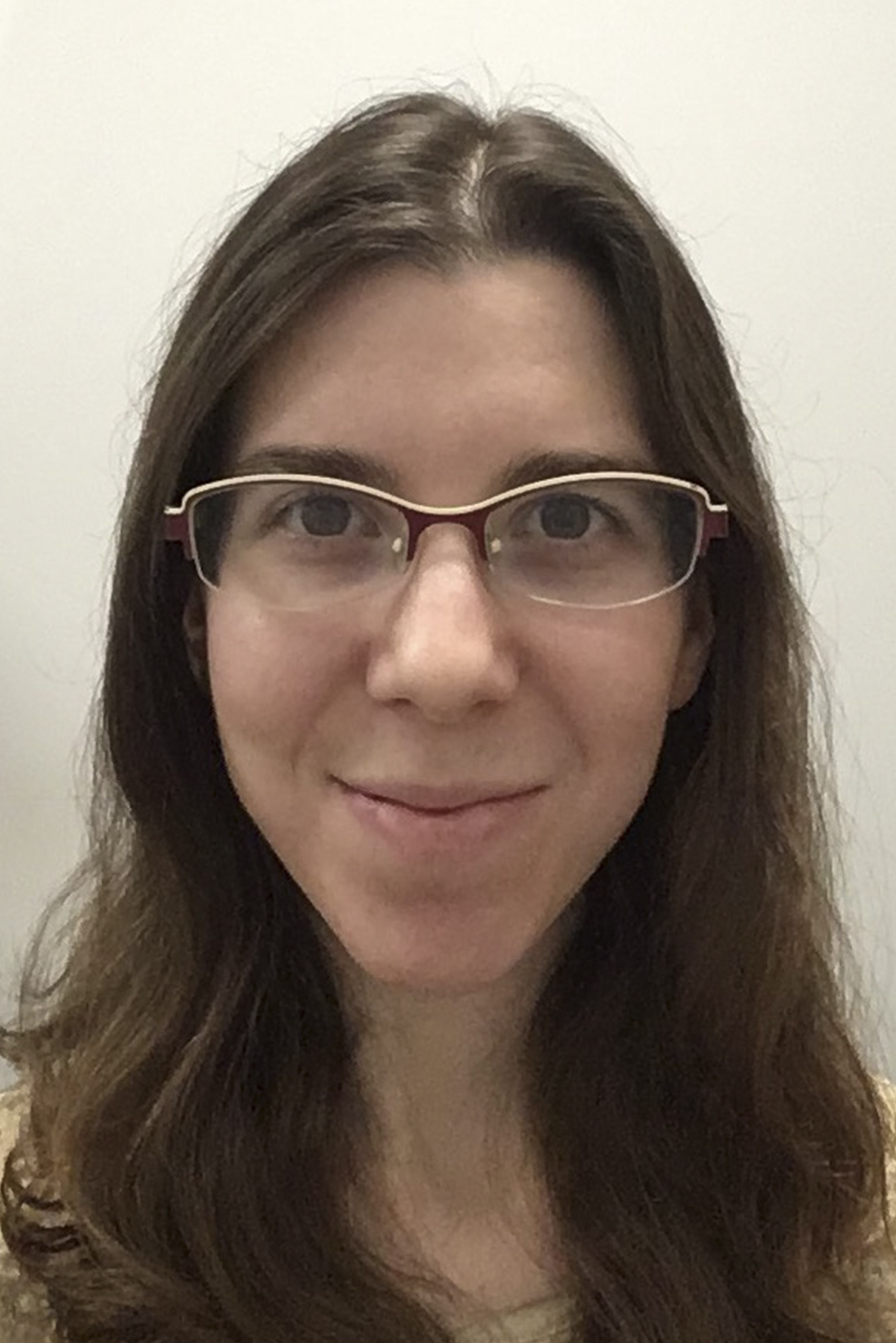
Tamar Glatman Zaretsky, PsyD
Psychology Fellow
Tamar Glatman Zaretsky, PsyD, is a Postdoctoral Clinical Research Psychology Fellow. She graduated from the Clinical Psy.D. program at Ferkauf Graduate School of Psychology at Yeshiva University. Tamar completed her predoctoral internship at the James J. Peters VA Medical Center, where she provided psychotherapy to a diverse group of veterans with a broad range of presenting concerns; this work included a particular emphasis on trauma informed care and evidence-based treatment of PTSD. Her interest in trauma-focused treatments was developed throughout her clinical training in hospitals and community mental health clinics, where she worked with clients to address the effects of both individual and community-based traumas. Tamar’s research interests include the examination of endocrinological factors affecting PTSD development, gender disparities in trauma response, intergenerational trauma, and resilience.
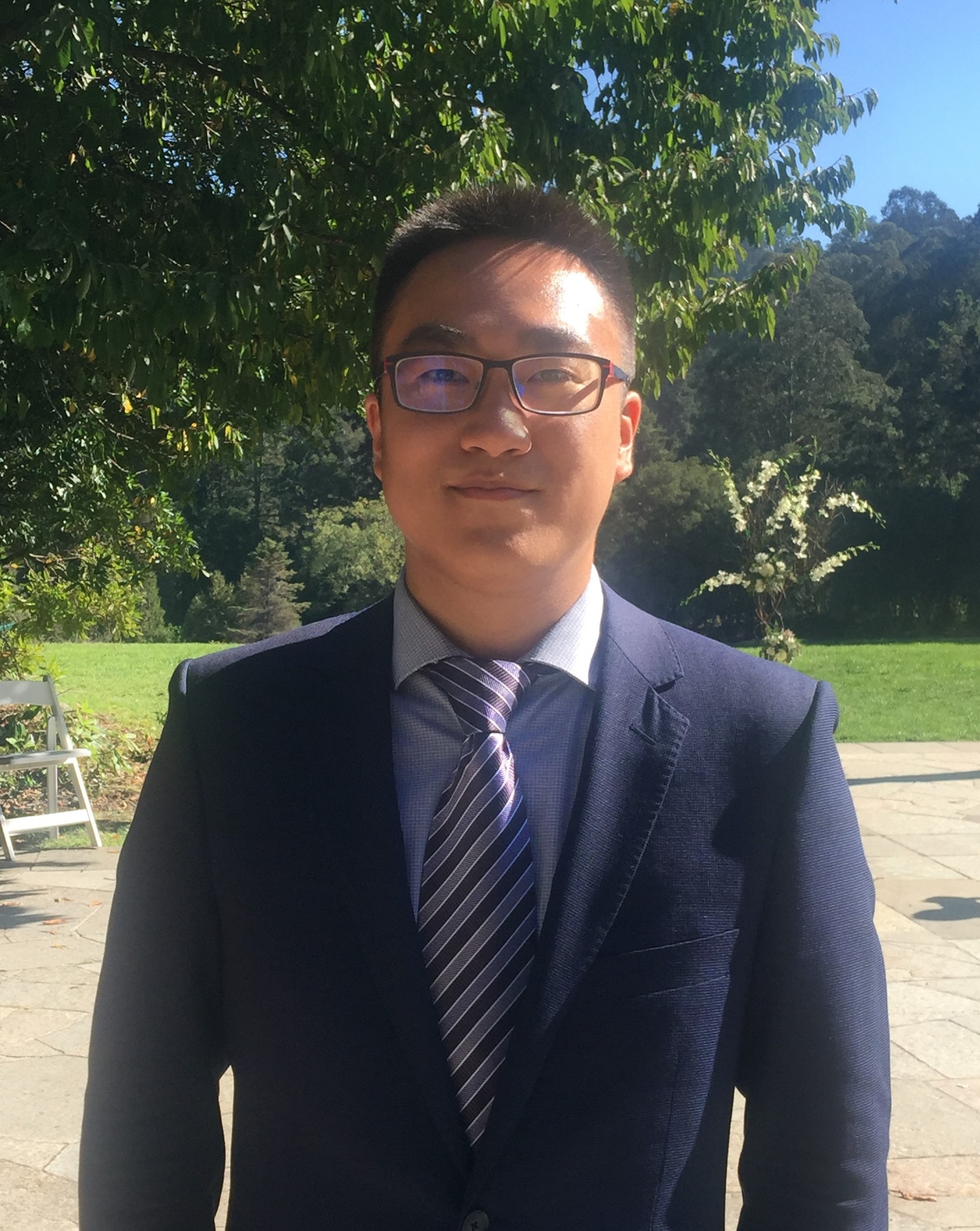
Jun Hong Chen, PsyD
Psychology Fellow
Jun Hong Chen, PsyD, is a Postdoctoral Clinical Research Psychology Fellow at the Icahn School of Medicine at Mount Sinai. He graduated from the Clinical Psy.D. program at the Graduate School of Applied and Professional Psychology at Rutgers University. Jun completed his predoctoral internship at the James J. Peters VA Medical Center, where he provided assessment and psychotherapy to veterans with a broad range of presenting concerns. His clinical interests include trauma informed care and behavioral health. His interest in trauma informed care emerged from his clinical experiences in diverse community mental health settings, where he worked with clients across the lifespan to address the impacts of trauma on individual health and systemic wellbeing. Jun’s research interests include improving access to mental healthcare through the implementation and dissemination of novel treatments, delivery modalities, and provider training models.
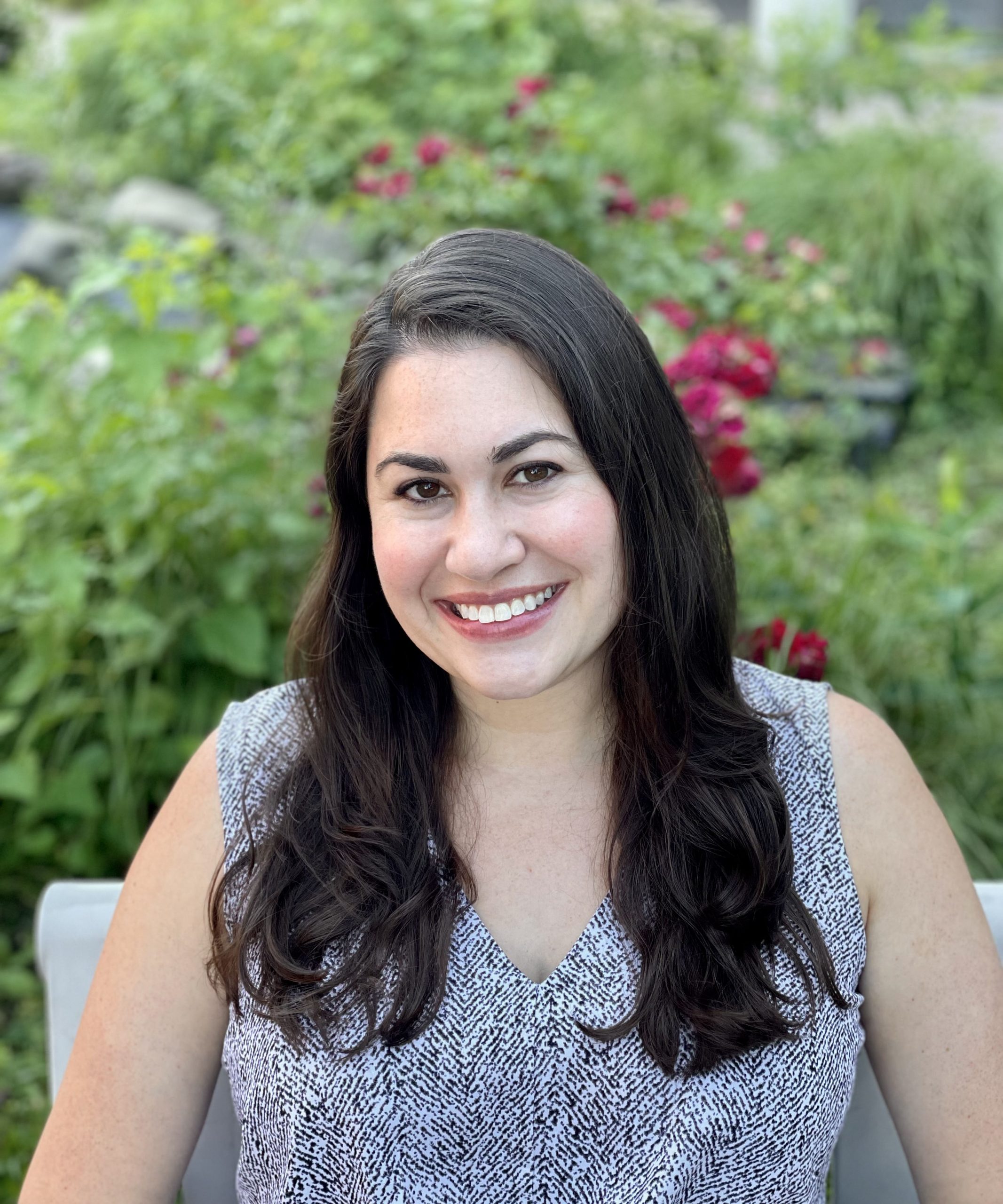
Program Operations
Heather Bader, BS
Operations Director, Senior Research Health Scientist
Heather Bader received her Bachelors of Science in Biology with a concentration in Neurobiology and Behavior from Cornell University. She joined the Yehuda Lab in 2011 as a clinical research coordinator through Icahn School of Medicine at Mount Sinai and has advanced in her research and administrative career under the guidance of Dr. Yehuda and her team. She is currently a Research Health Scientist and the Director of Operations in the Yehuda Lab at the James J. Peters VAMC. Her role in the team encompasses program management and administration, grant submission and management, regulatory reporting and oversight, financial management and budgeting, and employee hiring and supervision.

Fizaa Ahmed
Clinical Trials Manager
Fizaa Ahmed is the Clinical Trial Manager at the The Center for Psychedelic Psychotherapy and Trauma Research at Mt Sinai. Fizaa attended the University of California, Davis, where she studied Psychology and Biology. She joins us with 15 years of clinical research experience, previously overseeing and growing the Advanced Lung Disease research unit at the University of California San Francisco, and prior to this, managing studies in Nuclear Medicine and Interventional Radiology at Stanford University. Having worked in various disease groups and therapeutic areas, Fizaa’s knowledge will contribute to the regulatory and operational infrastructure in this new position.
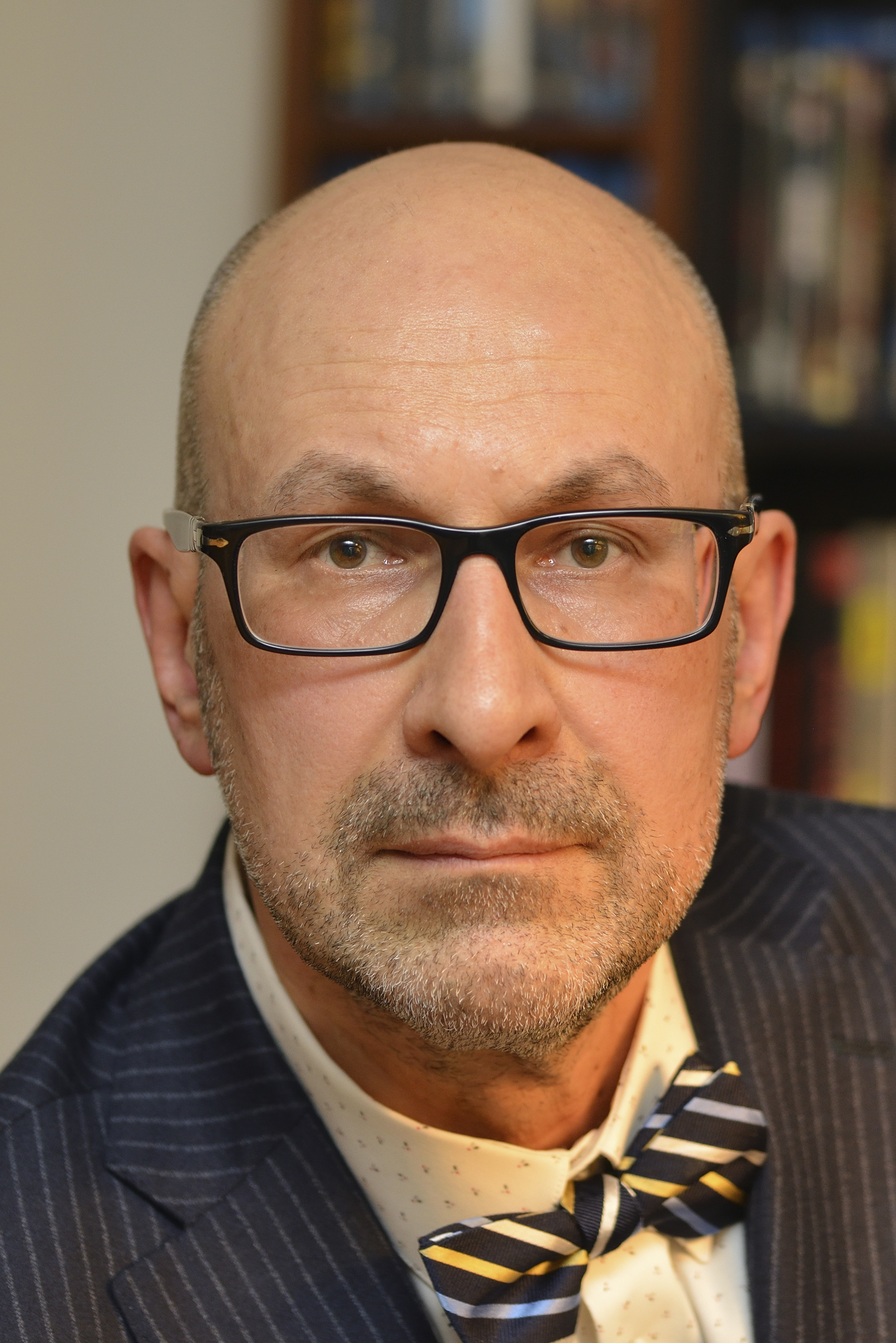
Laboratory Researchers
Iouri Makotkine, MD, PhD
Bench Laboratory Director, Assistant Professor
Iouri.Makotkine@va.gov
Dr. Iouri Makotkine received his MD at Kemerovo State Medical Academy, Russia. Dr. Makotkine was employed at the Icahn School of Medicine in 1999 as research coordinator for the Yehuda Lab. In 2005, Dr. Makotkine became the laboratory director of Dr. Yehuda’s bench laboratory and a research assistant professor. Dr. Makotkine has developed most of the cellular and neuroendocrine protocols over the last 20 years with Dr. Yehuda, including protocols for the examination the influence of stress hormones in vitro in cultured mononuclear leukocytes. Dr. Makotkine continues to oversee all neuroendocrine and molecular biology assays conducted in the laboratory, as well as manage blood processing and bioassays for numerous collaborators within and outside of Mount Sinai.
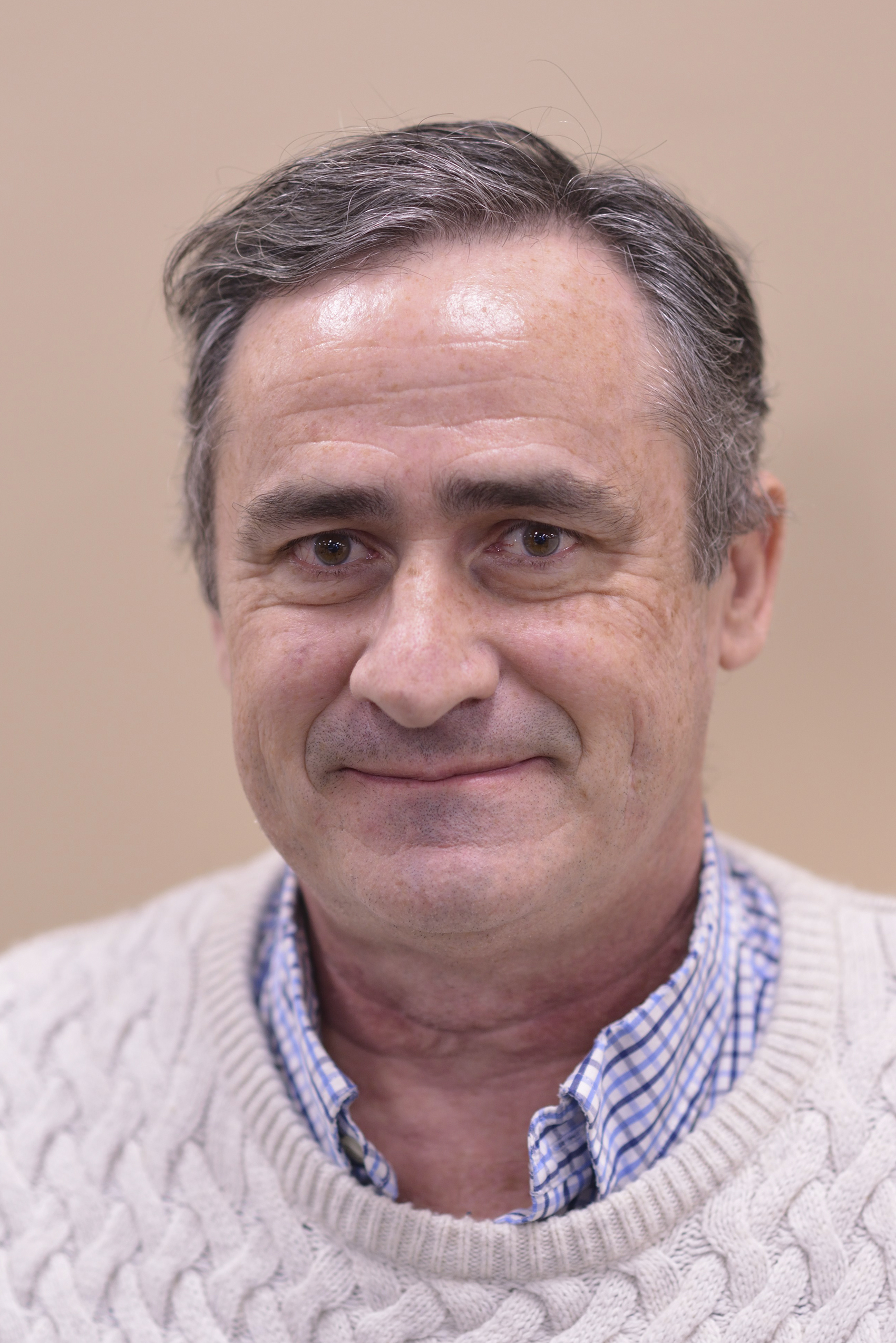
Frank Desarnaud, PhD
Molecular Biologist, Associate Researcher
Dr. Frank Desarnaud earned his PhD in Biochemistry, Molecular and Cellular Biology at University of Montpellier II in France. He joined the Icahn School of Medicine at Mount Sinai in Yehuda Lab in 2011 as an associate researcher after working in several leading molecular biology laboratories. He has acquired extensive experience in molecular biology and biochemistry including gene transcription regulation by steroid hormones and epigenetic mechanisms, gene expression assay and profiling, enzyme characterization, receptor purification and gene cloning. As a molecular biology scientist in Dr. Yehuda’s research group, Dr. Desarnaud has been directly involved in the development of the molecular assays and subsequent data analyses to study GR exon1F promoter methylation status, GR and FKBP5 expression by real-time PCR and GR allelic discrimination. Additionally, Dr. Desarnaud has established epigenetic assays that involve clone-based sequencing and next-generation sequencing during his time in the Yehuda Lab.
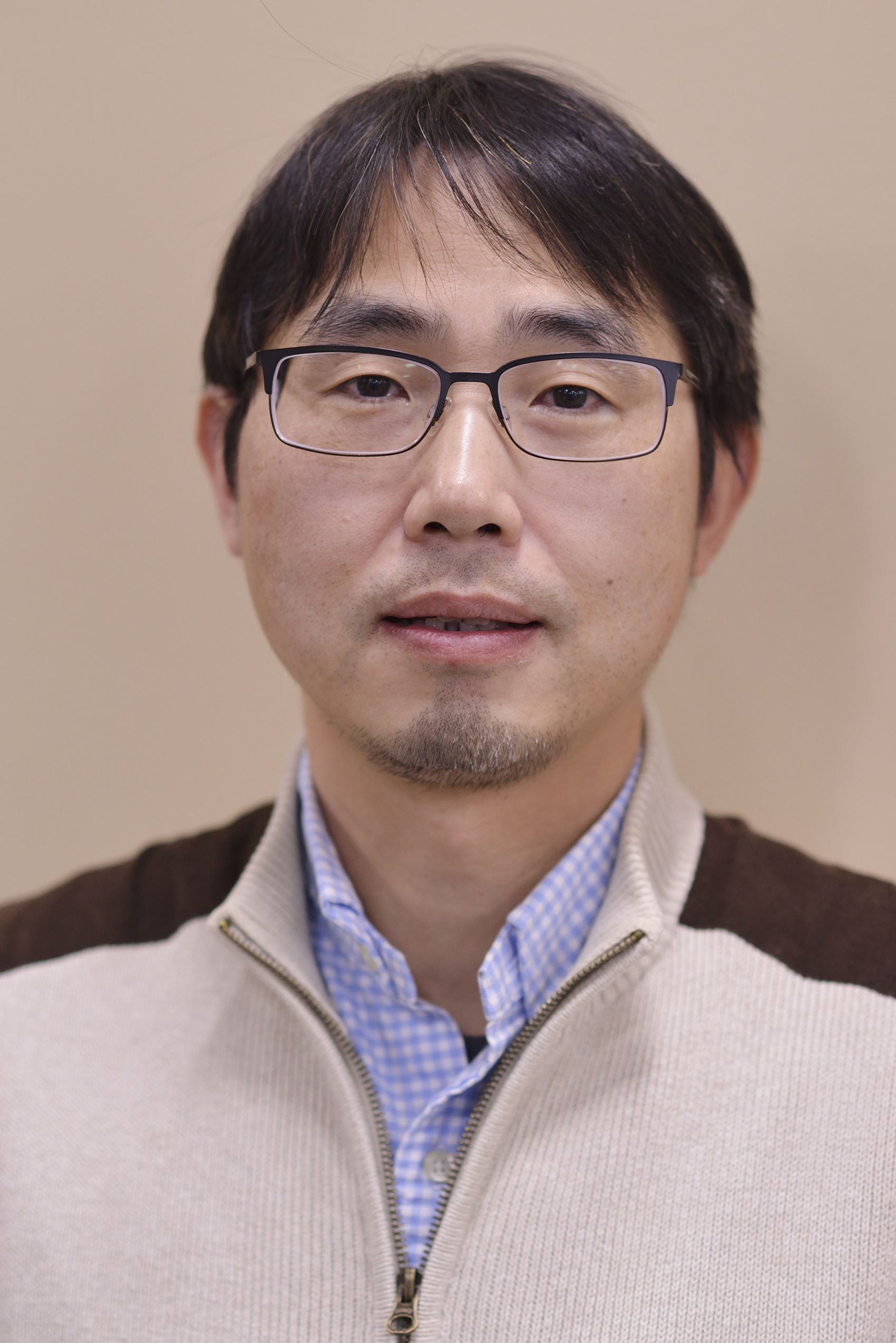
Changxin Xu, PhD
Bioinformatician, Associate Researcher
Dr. Changxin Xu received his Ph.D. from Xiamen University, China in Molecular immunology in zoology. Dr. Xu joined the Yehuda Lab in 2016 after working for many years with molecular biology techniques such as RT-PCR, RNAseq, and SNP analysis. Dr. Xu has advanced experience with bioinformatics analyses such as R language for data analysis including Next-Gen Sequencing and microarray data analysis. Dr. Xu performs RNA-based molecular assays and bioinformatics analyses across projects in the Yehuda Lab.

Mitali Chattopadhyay, PhD
Cell Biologist, Associate Researcher
Dr. Mitali Chattopadhyay received her Ph.D. in Life Sciences and Cancer Biology from Jadavpur University in Kolkata, India. Dr. Chattopadhyay joined the Yehuda Lab in 2016 and brought extensive knowledge in applied cellular biology from her previous experience investigating the mechanism of action of cancer therapeutics by developing and performing in vitro and in vivo models and assays. Dr. Chattopadhyay is an expert is cell biology and is establishing assays in human lymphocyte and induced neuron primary cultures in the Yehuda Lab.
Victoria Olaseun, BS
Lab Technician
Victoria Olaseun received her Bachelors of Science in Biochemistry from Lehman College. Victoria joined the Yehuda Lab in 2017 and is responsible for blood processing and sample organization as well as neuroendocrine assays.

Clinical Research Staff
Emmanuel Ruhamyankaka, BS
Data Manager
Emmanuel Ruhamyankaka received his Bachelors of Science in Computer Science from Mbarara University of Science and Technology in Uganda. Prior to joining the Yehuda lab, he worked at the Infectious Diseases Research Collaboration, a non-for-profit research organization managing data for multiple international malaria, TB, and HIV research projects. Since joining Dr. Yehuda’s lab in 2018, Emmanuel oversees the quality and timeliness of all data management activities for ongoing longitudinal studies, conducts comprehensive data cleaning and dataset generation, and query tracking.

Morgan Morrison, MA
Clinical Research Coordinator
Morgan Morrison received her M.A. from Teachers College, Columbia University in Clinical Psychology with a Global Mental Health & Trauma specialization. Before joining Dr. Yehuda’s lab in 2021, Morgan was dually appointed as a research assistant at Columbia in Dr. Helen Verdeli’s Global Mental Health Lab and Dr. Christine Cha’s Laboratory for Clinical and Developmental Studies. Within these labs, she assisted with an Interpersonal Therapy (IPT) intervention focused on student veterans and studied suicide and future thinking in adolescents, respectively. Growing up in a military family and prior research experience has motivated Morgan to work with the veteran population. She coordinates the MDMA-Assisted Psychotherapy study.
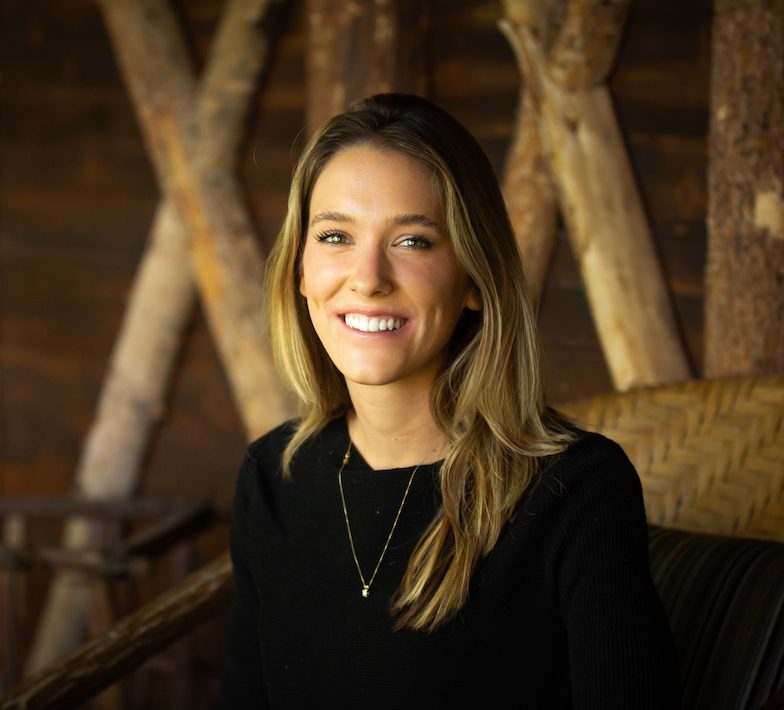
Carolyn MacLeod, BA
Clinical Research Coordinator
Carolyn Macleod graduated from Duke University in 2020 with degrees in Computer Science and Psychology. While at Duke, she worked as a research assistant in Dr. Andrada Neacsiu’s lab within the Duke Cognitive Behavioral and Research Treatment Program. Her responsibilities at the CBRTP included writing MATLAB programs and reviewing, entering, and managing data. She primarily assisted with studies investigating neurostimulation as a treatment of emotional dysregulation. Carolyn became interested in the study of psychological trauma while working at a sexual violence clinic in Cape Town. Her primary research interests include psychedelic-assisted psychotherapy for the treatment of PTSD and intergenerational trauma.

Hunter Carney, BS
Clinical Research Coordinator
Hunter Carney received her B.S. from UC San Diego in Cognitive and Behavioral Neuroscience. While at UCSD, she was a research assistant at Dr. Leslie Carver’s Developmental Neuroscience lab looking at anticipation of social and non-social dynamic stimuli in preschoolers. Following her undergraduate studies, she went to work at Duke University’s Center for Autism and Brain Development under Dr. Geraldine Dawson, where she worked with school-aged children with autism. She assisted with screening participants, behavioral measures such as EEG and eye tracking, and data coding and quality checking. She then went on to work at the Children’s Hospital of Philadelphia’s Center for Autism Research under Dr. Robert Schultz, working with infants who were at an increased likelihood of an autism diagnosis and infants with Down’s Syndrome. This longitudinal study tracked brain and behavioral development through the use of MRI scans and behavioral testing looking for early predictors of autism. Hunter is interested in psychedelic research and the use of novel treatments for mental health.
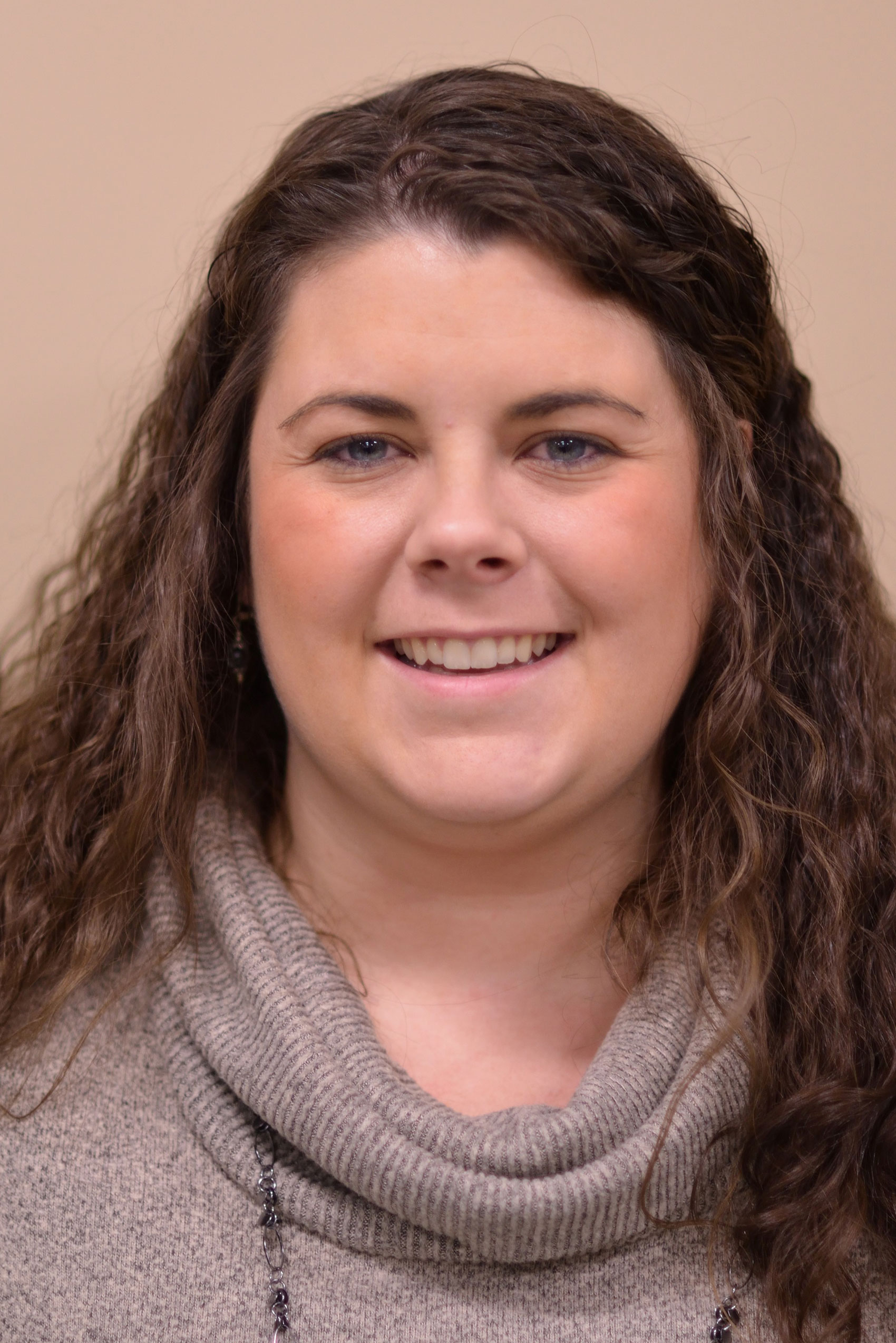
Carly Walter, BS
Clinical Research Coordinator
Carly Walter received her B.S. from Central Michigan University in Psychology in 2015 majoring in psychology with a minor in family studies. She joined Dr. Yehuda’s lab in July 2016 and is currently working on data analysis from prior cross-sectional studies on combat veterans. Additionally, she is assisting on developing the MDMA-Assisted Psychotherapy study. Carly became interested in traumatic stress in the military population after hearing war stories from her grandfather who was a WWII veteran.
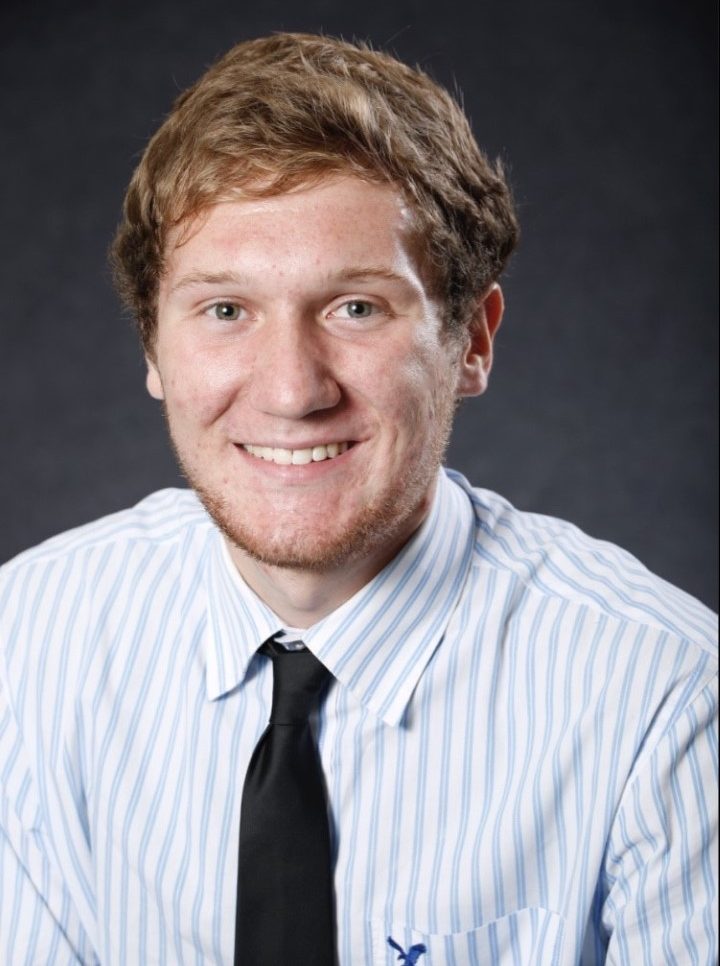
Bobby Barsic, BA
Clinical Research Coordinator
Robert “Bobby” Barsic received his B.A. in psychology from the College of the Holy Cross. While at Holy Cross, he was a research assistant in Dr. Noah Berman’s Obsessive-Compulsive Processes and Experimentation lab which sought to explore and develop a deeper understanding of emotion regulation processes and techniques particularly in response to abnormal or taboo stimuli. Additionally, he was an RA under Dr. Gary Senecal and assisted with the recruiting, screening, and running of participants through protocol measures on a study that explored connections in self-reported overall life satisfaction levels between combat veterans and ex-professional contact sport athletes. Bobby completed a post-baccalaureate pre-medical program at Cleveland State University and has worked as a medical scribe for the Cleveland Clinic for the past two years. His interest in working with veterans stems from his personal family history of veterans, along with his time spent volunteering at the Cleveland Fisher House. Bobby is interested psychedelic research, trauma, and exploring novel therapeutic treatments in the field of psychiatry.
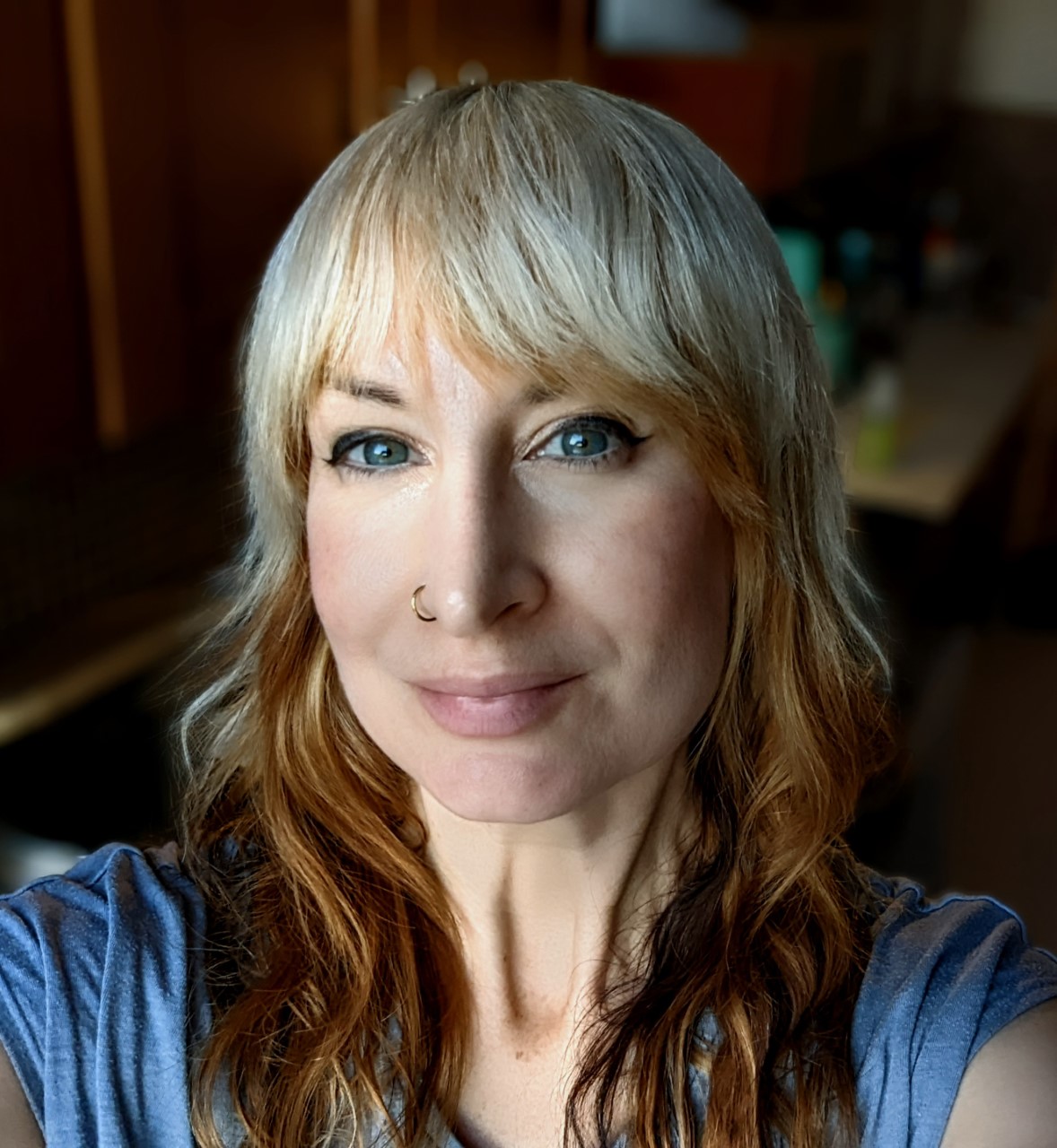
Oh Prema, BS
Assistant to the Director
OH Prema graduated from Columbia University in 2020 with a 2nd bachelors in Neuroscience and Behavior. Her first bachelors was in Theater, and she has always been interested in what makes people the way they are. While at Columbia, OH worked on a study that investigated language and courtroom dynamics through The Confined Arts and the Center for Justice. She also interned at CUMC/NYSPI in the Division of Experimental Therapeutics working with Schizophrenia studies. Administratively, OH worked in Career Services at Columbia Journalism School and was the executive assistant to Eric Greenberg of Greenberg Educational Group. OH is Rachel Yehuda’s executive assistant.
Collaborators
Stem Cell Foundation
Kristen Brennand, Ph.D.
Michael Breen, Ph.D.
Joseph Zohar, Ph.D.
Bret Rutherford, M.D
